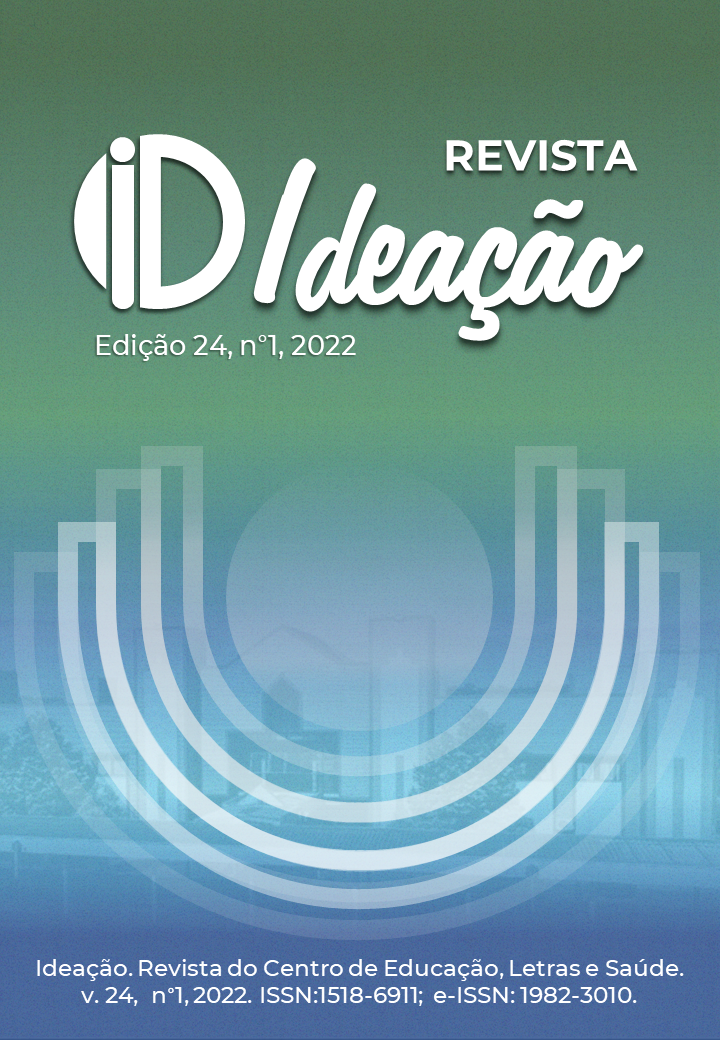Analysis of an online course on tuberculosis from the perspective of students and nursing professionals
DOI:
https://doi.org/10.48075/ri.v24i1.28579Keywords:
Distance Education, Permanent Health Education, TuberculosisAbstract
The study aimed to analyze the opinion of undergraduate students and nursing professionals about a training course on tuberculosis in the Moodle Platform environment. Exploratory study and qualitative approach carried out from an online course in tuberculosis with 12 participants, in October 2020. The Focus Group online technique was used, based on guiding questions focused on the course, and the Minayo's Content Analysis. The reports analyzed the course in various aspects, classifying it positively, the participants highlighted that most people seek professional updating, valuing teaching methods that use technological innovations, which when combined with theory and practice in the educational format, allow to resolve doubts as for example regarding tuberculosis. Tuberculosis control strategies still lack an integral dimension of care, and for that, educational actions are essential, and the distance modality allows access to new knowledge in a more democratic way.
Downloads
Published
How to Cite
Issue
Section
License
Copyright (c) 2022 Direitos partilhados conforme licença CC BY-NC-SA 4.0

This work is licensed under a Creative Commons Attribution-NonCommercial-ShareAlike 4.0 International License.
Authors who publish in this journal agree with the following terms:
1. Authors maintain copyright and grant the journal the right of first publication, with the work simultaneously licensed under the Creative Commons Attribution License that allows the sharing of the work with recognition of authorship and initial publication in this journal.
2. Authors are authorized to assume additional contracts separately, for non-exclusive distribution of the version of the work published in this journal (e.g., to publish in an institutional repository or as a book chapter), with acknowledgment of authorship and initial publication in this journal.
3. Authors are allowed and encouraged to publish and distribute their work online (e.g., in institutional repositories or as a personal page) at any point before or during the editorial process, as this may generate productive changes, as well as increase the impact and citation of the published work (See The Effect of Free Access).
Creative Commons License
This work is licensed under a Creative Commons Attribution-Noncommercial-ShareAlike 4.0 International License, which permits sharing, copying, distributing, displaying, reproducing, the whole or parts provided it has no commercial purpose and the authors and source are cited.


